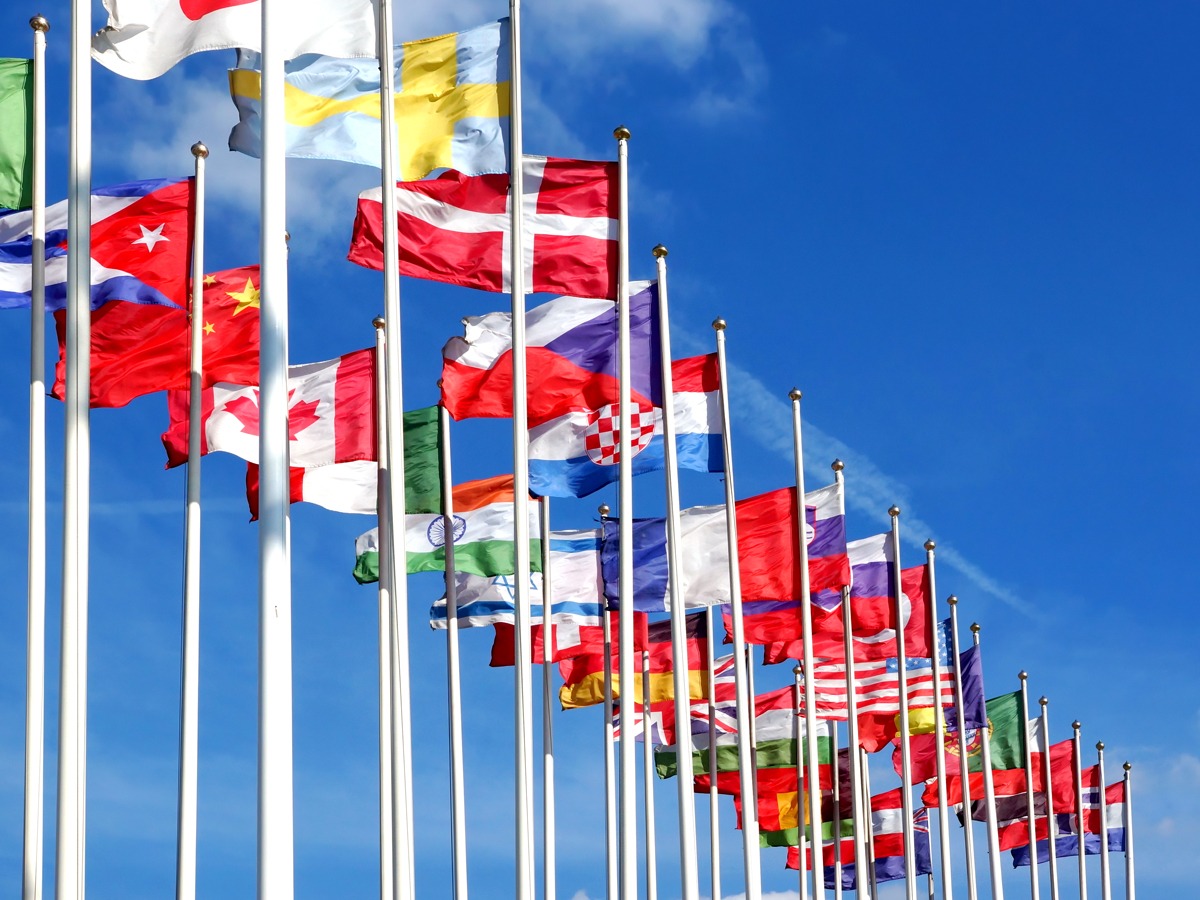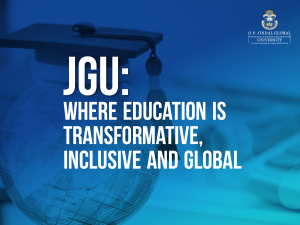Geopolitics has become one of the most important factors in business, economic management, trade, and so many other vital areas of policy making. Events in one part of the world – be they economic, defence, or even financial markets – have serious repercussions in creating or deepening fault lines in the contemporary world due to interconnectedness, globalization, the role of media, the spread of the internet, effects of trade blocs, and other factors. In such a scenario, it has become vital for professionals in diverse spheres to have a working grasp of areas such as diplomacy – rightly called the engine of international politics – and foreign policy to understand how they influence policymaking domestically. The study of diplomacy and foreign policy and how it influences global policy making is a great career track in itself. Traditionally, it was thought that a student would opt for courses in diplomacy and foreign policy only if he or she is interested in a career in the foreign service. However, full-time career options in core areas that utilize diplomacy and foreign policy knowledge have expanded significantly in recent years.
Jindal School of International Affairs (JSIA) offers a three-year degree programme – Bachelor of Arts (Honours) in Diplomacy and Foreign Policy intended to train undergraduates with a detailed, thorough and practical understanding of how foreign policy is conceived, formulated and implemented, as well as how the individual or allied foreign policies of countries strive to work in harmony based on shared interests.
Here are some of the tracks that one may consider apart from the diplomatic corps:
- Opportunities abound in the commercial world given that global policymaking carries influence in areas such as business strategy, investment decisions, capital allocation, market entry, etc. Global businesses have entire teams and departments devoted to understanding global policymaking and its implications for business prospects. A graduate with a firm knowledge of diplomatic and foreign policy nuances can help interpret policy direction more clearly and articulate these in terms of business implications.
- Private research organizations, think tanks, lobbying groups, and consulting firms that focus exclusively on analysing and influencing policy making are much in demand by businesses and governments. Teams in these organizations consist of experts in the areas of diplomacy, foreign policy, policy analysis, etc. and they advise clients on strategies and implications, besides offering their services for influencing policy direction.
- There is a significant demand for professional writers or journalists in the area of diplomacy and foreign policy who understand the nuances of these areas and can interpret the implications of developments on policy. Beyond this, widely followed writers in these areas are even considered thought leaders and influencers in policymaking.
- Finally, inter-governmental and non-governmental organisations and international institutions such as the United Nations offer a wide variety of opportunities for students with a background in diplomacy or foreign policy work.
An up-to-date and world-class education in diplomacy and foreign policy can help establish and enhance capacities of analysing and solving world problems amongst students. Fortunately, in India students now have opportunities for highly specialized education in these areas right from the undergraduate level itself. A high-quality programme trains undergraduates with a detailed, thorough, and practical understanding of how foreign policy is conceived, formulated and implemented, as well as how the individual or allied foreign policies of countries strive to work in harmony based on shared interests. At a practical level, the program would aim to equip students with an overview of the various instruments a state may use to pursue its foreign policy in a complex and challenging world order, considering the constraints and limits it faces in the international domain.
Some key essential aspects that would determine quality of learning outcomes in such a programme are:
Interdisciplinarity: The very nature of the domain requires students to build multidisciplinary skillsets that help integrate implications of a policy move for a full understanding as well as develop nuance in using diplomacy.
Experiential learning: Diplomacy and policymaking are hands-on fields that require practical exposure and application based learning. Regular field trips, internships, seminar attendances, and research opportunities help build analytical thinking and critical reasoning in students.
Global exposure: Understanding how to influence global policy making requires exposure to cultures and practices in other countries in order to develop a better understanding of issues and proposed solutions. Here, foreign collaborations can be a key differentiator.
Foreign language training: The English-speaking world may be large but there are several other globally-relevant languages such as French, Spanish, and Arabic and learning them can be a key differentiator in working in foreign countries or with foreign teams. Besides this, there are large and important countries such as Germany, China, Japan, etc. where knowledge of the local language is vital for anyone working in policymaking.
In-depth thematic and geographic understanding of hitherto neglected world issue areas built through structured study of diplomacy and foreign policy can go a long way in developing a cadre of capable professionals that India badly needs across a variety of domains.




